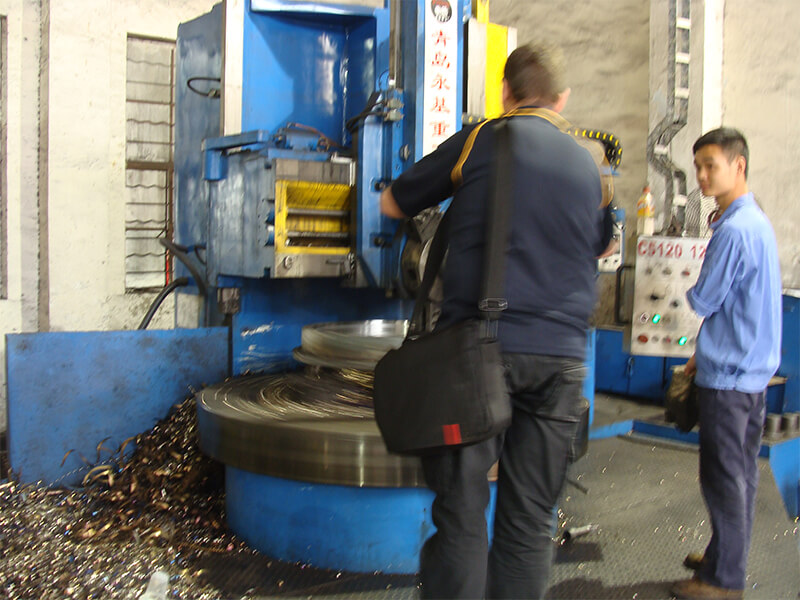- Afrikaans
- Albanian
- Amharic
- Arabic
- Armenian
- Azerbaijani
- Basque
- Belarusian
- Bengali
- Bosnian
- Bulgarian
- Catalan
- Cebuano
- China
- China (Taiwan)
- Corsican
- Croatian
- Czech
- Danish
- Dutch
- English
- Esperanto
- Estonian
- Finnish
- French
- Frisian
- Galician
- Georgian
- German
- Greek
- Gujarati
- Haitian Creole
- hausa
- hawaiian
- Hebrew
- Hindi
- Miao
- Hungarian
- Icelandic
- igbo
- Indonesian
- irish
- Italian
- Japanese
- Javanese
- Kannada
- kazakh
- Khmer
- Rwandese
- Korean
- Kurdish
- Kyrgyz
- Lao
- Latin
- Latvian
- Lithuanian
- Luxembourgish
- Macedonian
- Malgashi
- Malay
- Malayalam
- Maltese
- Maori
- Marathi
- Mongolian
- Myanmar
- Nepali
- Norwegian
- Norwegian
- Occitan
- Pashto
- Persian
- Polish
- Portuguese
- Punjabi
- Romanian
- Russian
- Samoan
- Scottish Gaelic
- Serbian
- Sesotho
- Shona
- Sindhi
- Sinhala
- Slovak
- Slovenian
- Somali
- Spanish
- Sundanese
- Swahili
- Swedish
- Tagalog
- Tajik
- Tamil
- Tatar
- Telugu
- Thai
- Turkish
- Turkmen
- Ukrainian
- Urdu
- Uighur
- Uzbek
- Vietnamese
- Welsh
- Bantu
- Yiddish
- Yoruba
- Zulu
Aug . 28, 2024 19:44 Back to list
marine gear boxes
Understanding Marine Gear Boxes An Essential Component for Nautical Operations
Marine gear boxes play a critical role in the performance and efficiency of vessels, acting as the bridge between the engine and the propeller. These mechanical devices are designed to transmit power and adjust speed, thereby enhancing the vessel's ability to operate effectively in various marine environments. This article delves into the significance, operational mechanics, and advantages of using marine gear boxes in maritime applications.
The Role of Marine Gear Boxes
At the core of marine propulsion systems, gear boxes are essential for converting the high RPM (revolutions per minute) of an engine to a lower RPM suitable for propellers. This adjustment not only ensures optimal engine performance but also minimizes fuel consumption and enhances overall efficiency. Gear boxes come in various configurations, which include reduction gear boxes, reversing gear boxes, and hybrid models, allowing for specific modifications depending on the vessel's unique requirements.
How Marine Gear Boxes Operate
Marine gear boxes operate using a series of gears that mesh together to alter the rotational speed and torque transmitted from the engine to the propeller. The primary function is to reduce the engine speed while increasing torque, which is crucial for propulsive efficiency. The design typically includes helical gears, which are ideal for handling thrust loads and providing smoother operation. The use of high-quality materials is paramount to withstand the harsh marine environment, where saltwater, pressure, and temperature fluctuations can significantly affect performance.
Benefits of Marine Gear Boxes
marine gear boxes

1. Enhanced Performance By enabling the engine to operate at its peak efficiency, marine gear boxes optimize fuel consumption and reduce operational costs. This is particularly advantageous for commercial vessels that rely heavily on fuel efficiency.
2. Durability and Reliability Quality marine gear boxes are designed to withstand rough sea conditions and extended operational periods. Many are equipped with features such as oil coolers and seals that extend their lifespan and reduce the need for frequent maintenance.
3. Versatility Different types of gear boxes are available to accommodate various vessel applications, from fishing boats to large cargo ships. This adaptability ensures that shipbuilders can meet specific performance standards and operational needs.
4. Reversibility Many marine gear boxes offer reversible capabilities, allowing vessels to maneuver effectively without the need for a separate reversing mechanism. This feature is especially beneficial when docking or navigating tight spaces.
Conclusion
In conclusion, marine gear boxes are an indispensable element of marine propulsion systems. They facilitate the efficient transfer of power from the engine to the propeller, ensuring vessels operate smoothly and economically. With advancements in technology, the design and functionality of gear boxes continue to evolve, offering even greater efficiency and reliability. As the maritime industry looks to improve sustainability and performance, the significance of effective marine gear boxes cannot be overstated. For shipowners and operators, understanding and investing in high-quality gear boxes is crucial for maintaining competitive edge and operational excellence in an ever-evolving marine landscape.
-
Premium Cast Iron Water Main Pipe: Durable, Corrosion-Resistant
NewsAug.03,2025
-
Durable Cast Iron Water Mains | AI-Optimized Systems
NewsAug.02,2025
-
High-Efficiency Propane Boiler for Baseboard Heat | Save Energy
NewsAug.01,2025
-
Premium Source Suppliers for Various Gray Iron Castings
NewsJul.31,2025
-
Durable Cast Iron Water Main Pipes | Long-Lasting
NewsJul.31,2025
-
High-Quality Cast Iron Water Main Pipe for Durable Infrastructure
NewsJul.30,2025


